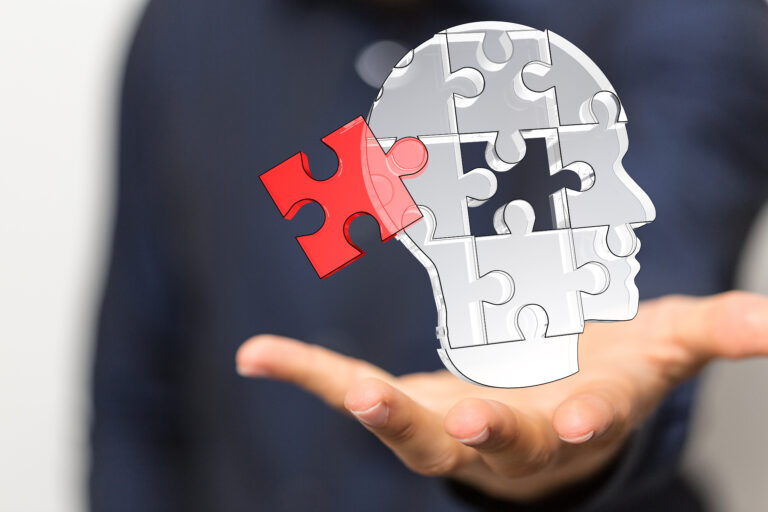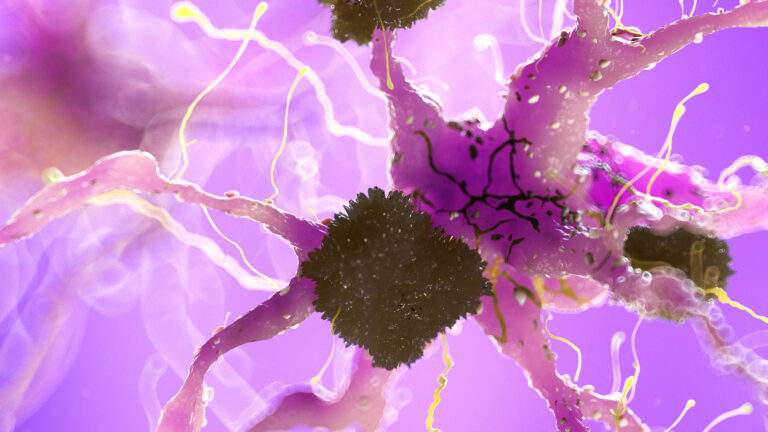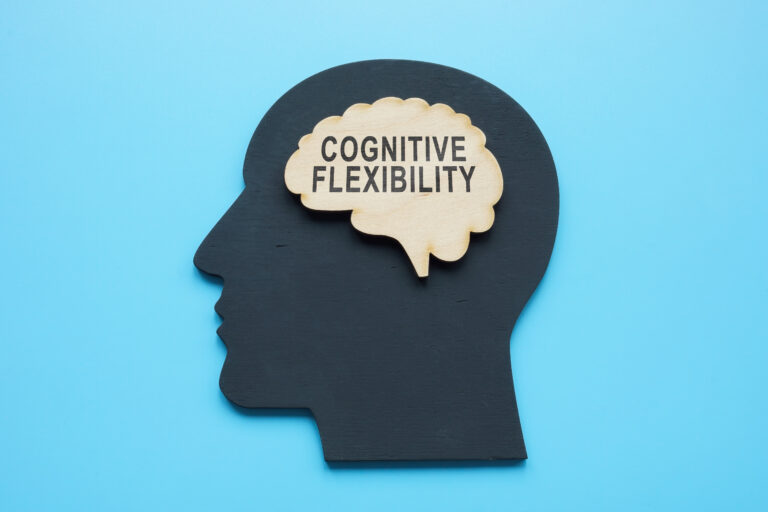What are meltdowns and shutdowns in autism?

Meltdowns and shutdowns are two types of intense responses that many autistic individuals experience when they become overwhelmed, but they are quite different in how they look and feel. A **meltdown** is an outward, often intense reaction to feeling overwhelmed…








